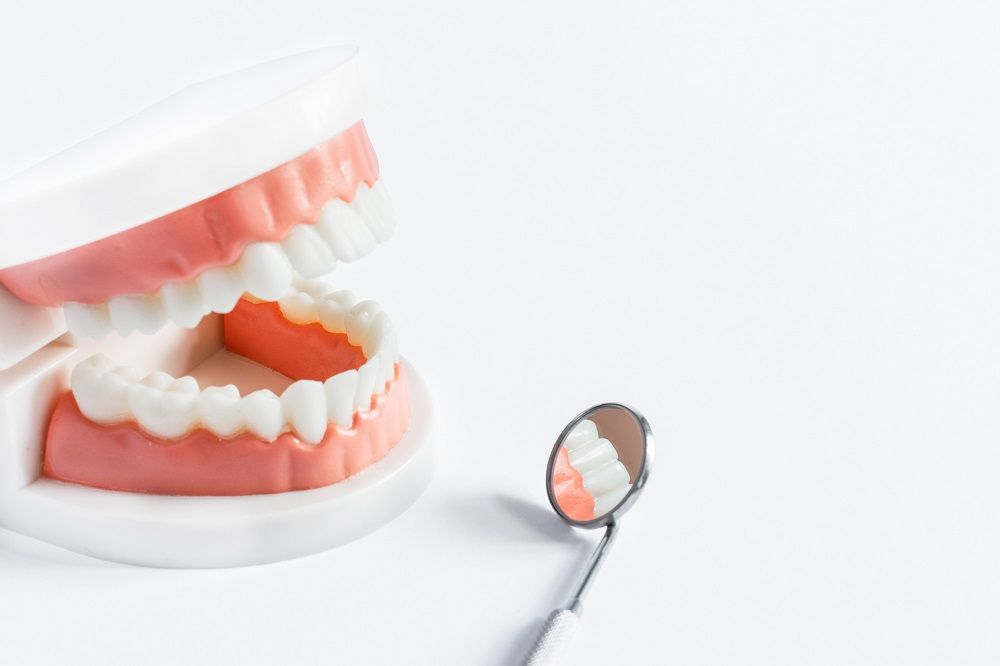Dental restoration is vital when it comes to replacing missing teeth. Partial dentures and dental bridges are two viable options that many individuals consider. Removable partial dentures serve as useful dental prosthetics to replace one or more lost teeth. Additionally, dental bridges fill the gap between your missing teeth with a more permanent solution.
If you have missing teeth, you should talk to your dentist about which option is best for you.

Partial Dentures
Partial dentures are a desirable option for tooth replacement due to their many benefits. Comparatively, they are cost-effective relative to dental bridges. In addition, partial dentures also pose no invasive surgical risks. This is because your dentist will not need to modify your natural teeth structure. Moreover, removable partial dentures allow for easy cleaning practices. This helps overall oral health become even easier than regular brushing habits.
Nonetheless, partial dentures may prove cumbersome if there is an ill fit. Unfortunately, this can cause the dentures to shift. When dentures shift, it can make eating and speaking more difficult. Ill-fitting dentures can cause discomfort that your dentist will need to fix.
As a result, one disadvantage of partial dentures is limited functionality, as they may not provide the same level of stability as dental bridges. This can pose difficulty while chewing certain types of food. Speaking with partial dentures may also require some adjustment period, leading to temporary speech issues.
This can be a deal-breaker for many patients.
Dental Bridges
For those looking to restore their smile with a sturdy solution, dental bridges provide stability and improve chewing ability. Additionally, they can enhance the appearance of your teeth for a natural look. Nevertheless, it is important to consider that the higher cost of dental bridges may not fit everyone’s budget.
One argument against dental bridges is that they can be invasive, as adjacent teeth must be altered to anchor the prosthetic tooth. Additionally, individuals with fixed dental bridges may have difficulty cleaning their teeth compared to those with partial dentures. This is because you have to clean underneath the bridge to remove leftover food particles. Without proper cleaning, it can increase your risk of gum disease.
Dental bridges offer greater stability than traditional dentures that may shift during use. However, dentures are more affordable and easier to clean.
In weighing this decision, assessing your needs and preferences is important.
Which Option Is Right for You?
Choosing between partial dentures and dental bridges ultimately depends on your individual needs and preferences. If you want a cost-effective and non-invasive option, partial dentures may be a good choice. However, dental bridges may be the better option if stability and better chewing ability are important to you.
To determine the most suitable option for you, reach out to your dentist. Speaking with your dentist to determine which option is right for you is important. Your dentist can assess your oral health and recommend the best tooth replacement option based on your individual needs and preferences.
